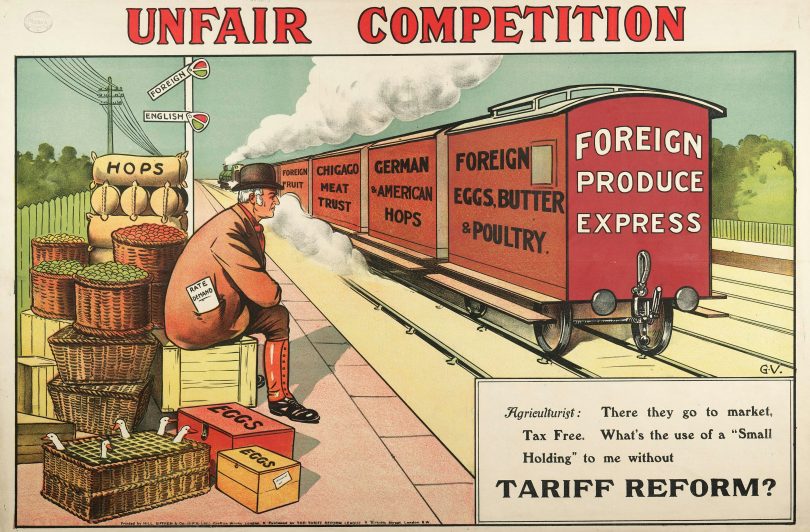Most prescription drugs Americans take are manufactured outside the United States. President Trump has not imposed tariffs on these imported drugs yet, but, if he does, prescription drug prices are likely to rise even more. Rebecca Robbins reports for the New York Times on what could happen to drug prices.
Since taking office, President Trump has said that he will put tariffs on prescription drugs. And, he talks about putting 25 percent tariffs on these drugs. He believes that by doing so he can move prescription drug manufacturing back to the United States. But, many experts disagree.
Only a small number of prescription drugs Americans take are manufactured here. Some of our critical drugs–such as Keytruda and Zepbound–are manufactured in Ireland, a tax haven for pharmaceutical companies. We rely heavily on China, India and Europe for our drugs or many of their ingredients, including basic drugs such as ibuprofen.
Already, Trump has imposed tariffs on many of the ingredients used in the making of prescription drugs. For example, there is now a 20 percent tariff on these ingredients made in China. Presumably, those tariffs are causing drug prices to rise.
It is very possible that tariffs on drugs will only drive up prices further and lead to drug shortages, particularly shortages of generic drug, the large majority of the prescription drugs Americans take. For example, amoxicillin is produced almost entirely in China, India and Europe, though a Tennessee factory once produced virtually all of this drug for Americans.
The pharmaceutical industry is asking Trump to phase in any prescription drug tariffs he plans to impose and to exempt drugs that could become hard to get if a tariff is imposed, as well as essential drugs, like antibiotics.
Generic drug manufacturers in the US already make only slim profits on their drugs. As it is, shortages of some of these drugs are not unusual. Tariffs could lead companies to stop selling them altogether. Similarly, tariffs could lead to a shortage of important medical devices like syringes and blood pressure cuffs.
Tariffs also could mean higher health insurance premiums and higher out-of-pocket health care costs. Most certainly, health care cost increases will be a barrier to care for patients. They will not fill prescriptions or not comply with medicine regimens in order to save money or because they cannot afford their prescription drugs.










